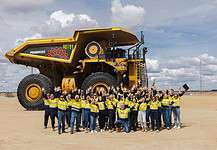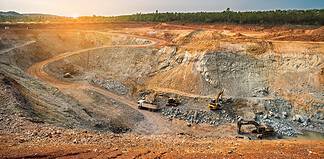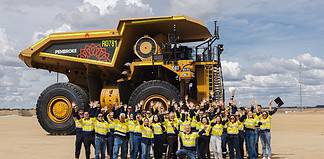 PRIME Minister Tony Abbott has labelled the government’s North Asia trade mission a success after establishing lucrative free trade agreements with Korea and Japan, and making progress towards a deal with China.
PRIME Minister Tony Abbott has labelled the government’s North Asia trade mission a success after establishing lucrative free trade agreements with Korea and Japan, and making progress towards a deal with China.
During his visit, Mr Abbott secured the historic and long-contested Japan-Australia Economic Partnership Agreement, which was first tabled in 2007 and will reportedly contribute billions to the Australian economy in the next 20 years.
The Korea-Australia Free Trade Agreement (KAFTA) was formally signed in Seoul just days later.
While various sectors have criticised specific details of the agreement, the government promised substantial economic benefits, including wider access to Japanese markets than any other country.
“The government’s swift conclusion of these historic agreements sends a strong signal that Australia is indeed open for business,” Trade and Investment minister Andrew Robb said.
“With one in five Australian jobs linked to trade, these agreements are good for the economy, good for growth and good for job creation.”
Independent modelling commissioned by the government found KAFTA would create at least 15,000 jobs between 2015 and 2030. The modelling showed job gains of 1750 by 2015, with average gains of 1000 for every year to 2030.
KAFTA would add $650 million to the Australian economy per year when in full force.
Mr Abbott also looked to establish diplomatic inroads for a Chinese FTA when he visited Australia’s largest trading partner for the inaugural Australia Week in China, with substantial ministerial and business delegations in tow.
“With a combined population of 1.5 billion people and a GDP [gross domestic product] combined of $15 trillion, China, Japan, and Korea collectively offer great opportunities for our country and our businesses,” Mr Abbott said. The Prime Minister would aim to complete all three FTAs by September.











































